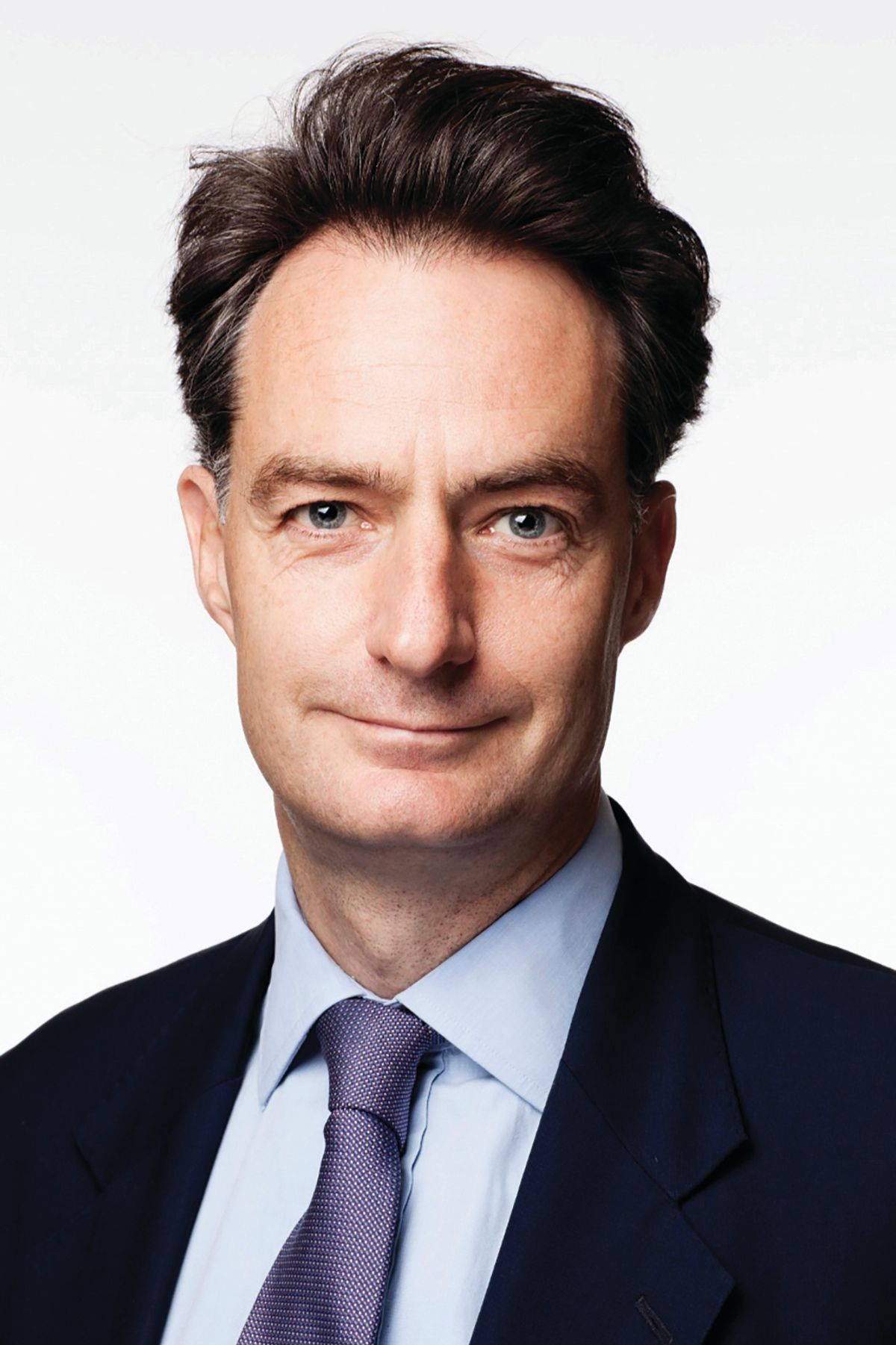Are we facing a crisis of expertise in the art market? I believe we are.
It is not just that it appears impossible to reach a consensus on important artists such as Modigliani. Nor is it the way the auction houses are discarding specialists at an alarming rate. Nor even the fact that key artistic Foundations (Warhol, Pollock and Lichtenstein) no longer provide an authenticating service. It is all this and more. We are witnessing the gradual erosion of expertise and its function in the art world. In this atmosphere it is hardly surprising that students in the UK will no longer be able to study art history at A-level.
One of the main reasons experts can no longer make themselves heard is the insidious threat of legal action that awaits their impartial opinions. Such a threat obviously hinders a balanced consideration of art historical evidence. This has long been recognised and, as early as the mid-1960s, attempts were made in the US to protect experts from vexatious litigation. The law, however, was not passed and recent attempts to resurrect similar legislation have stalled.
Why, we might ask, should we protect art experts at all? The reason is that expert opinions concerning attribution and authenticity are fundamental to art history and to the healthy functioning of the art market. Without such work there would be no catalogues raisonnés, no research into artists’ working methods and, when combined with recent developments in forensic and technical analysis, no new discoveries.
Unless art experts are once more consulted and encouraged to articulate their honest opinions in an open environment, the art market will suffer. There will be an even greater consolidation and reliance on a small number of powerful artist foundations and committees, who have the money to deter or fight litigation. The market for Old Masters, where matters of attribution play such a crucial role, and which is already reeling from recent accusations of forgery, will become more unfashionable. Finally, there will be a general contraction of the overall art market where only works that have previously been bought and sold will be traded; there will be no room for discoveries. We turn our back on expertise at our peril.
• This commentary is a summary of the key points from Tim Hunter’s speech at a seminar on risk management in the art market, which was organised by Art Market Minds and K&L Gates and took place in London on 10 November


